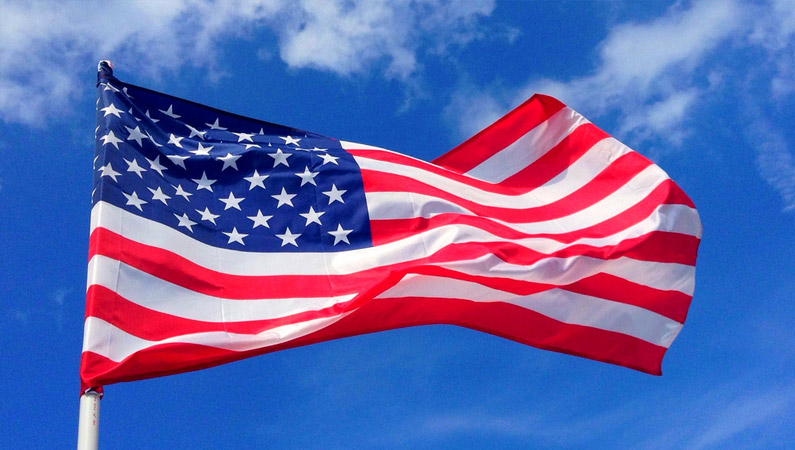At her founding, the United States of America was unique among the nations of the world. Here, unlike anywhere else, traditional Christianity synthesized with republican political thought. We take this merger for granted today, because the concept of liberty is so fundamental to how we understand both our citizenship and our Christian faith: God set Israel free from slavery; Christ sets sinners free from sin, death, and hell. The American Revolution set the colonies free from the tyranny of King George; a “government of laws, not of men,” established political and individual liberties unlike any the world had ever seen.
To help fathom how radical a change was this partnership of traditional faith and modern politics, let’s take a quick look at biblical and Lutheran precedents. Martin Luther cites Romans 13 in his Table of Duties at the end of his Small Catechism:
“Let everyone be subject to the governing authority. For wherever the governing authority is, it is ordered by God. But whoever resists the governing authority, resists God’s order, and whoever resists will incur judgment, for that authority does not bear the sword in vain. It is God’s handmaid who executes punishment against those who do evil.”
Jesus himself taught us to “render unto Caesar what is Caesar’s, but render unto God what is God’s.”
The reformers’ Augsburg Confession Article XVI “Concerning Civic Affairs” argues “the Gospel does not undermine government or family but completely requires both their preservation as ordinances of God and the exercise of love in these ordinances. Consequently, Christians owe obedience to their magistrates and laws except when commanded to sin.”
In the formation of the United States we see a movement from top-down to bottom-up political theology. Traditionally, God was the Lord and King who established monarchs to rule the state and a pope (or hierarchy of bishops) to rule the church. Trickle-down divine authority. In the Declaration of Independence and elsewhere, we see God as the Creator who endowed men with certain rights like life, liberty, and the pursuit of happiness. This is grassroots divine authority, which moves from the Maker of the grass to the human population standing upon the grass as dignified creatures, free to self-govern.
In this new political and religious reality, American Christianity increasingly became more concerned with convincing free people to “elect God” than proclaiming the God who “elected us” in Christ Jesus. The preacher’s new job could be seen as reminding people to register for the religious vote and be sure to elect Jesus Christ as your personal Lord and Savior.
The good news of the Gospel, however, lies in what God has elected to do for us “while we were yet sinners” (Romans 5:8). Ephesians opens with a beautiful campaign speech about the “God and Father of our Lord Jesus Christ [who]…chose/elected us in Christ before the foundation of the world to be holy and blameless before Him in love. He destined us for adoption as His children through Jesus Christ, according to the good pleasure of His will” (1:3-5).
The vote is in. God has elected to be your God. In baptism, Jesus Christ appointed you to his Cabinet as his ambassador to the world. This may become a baptism by fire, but thanks be to our electing God who gives us the victory!
Peace,
Pastor Tom

